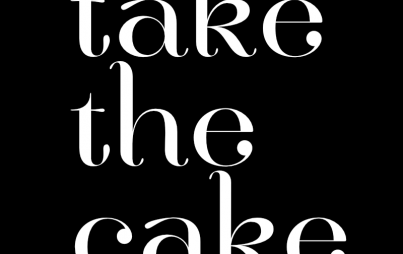
Photo by Isabel Dresler—isabeldresler.com
This is a guest post by Siouxsie Q. James, creator and host of The Whorecast. To read more perspectives on the sex work industry as part of Ravishly's special Conversation series, click here.
For some, sex work is a means to an end—a way to make a living in an economy that has betrayed them.
For some, sex work is an adventure—an empowering moment, or a weird time in their life that taught them something about themselves for better or for worse.
For some, sex work is a job that they did not choose; a job that circumstance or someone forces them to do.
For me, sex work has been my path to the American dream—a way for me to provide for my family, own my own business, and make my way toward long-term financial stability.
But for all, sex work is work. It is labor. Whether people are exploited or empowered as they do it, the work that they do is real work.
However, in the United States, sex work is criminalized. Sex workers live in fear of incarceration, police harassment and assault along with a crippling stigma that manifests itself in both the public and the private sector.
Sex workers can be evicted from their homes, fired from other jobs, and even have their children taken away, simply because of their involvement in the sex industry, regardless of how or why they entered it.

Recently, human rights and public health organizations have come out in support of the decriminalization of sex work, based on research that it will be a critical step in reducing HIV infections world-wide and make it possible for sex workers to become allies in the fight against trafficking. Amnesty International, The World Health Organization, Human Rights Watch, and the UN’s Global Commission on HIV and The Law all now endorse the decriminalization of sex work. This is not a moral issue; it is an issue of public health and safety. The decriminalization of sex work is a key step toward the eradication of HIV and child sex trafficking worldwide.
Sex workers are a part of this country. Many of us live in secret for fear of facing the stigma associated with our profession, but we are still part of this country. You may not think you know any sex workers, but you probably do. We are everywhere. We are your teachers, your mothers, your sisters, your neighbors, and your friends. Our work is real work, and we deserve the same rights that you do.







